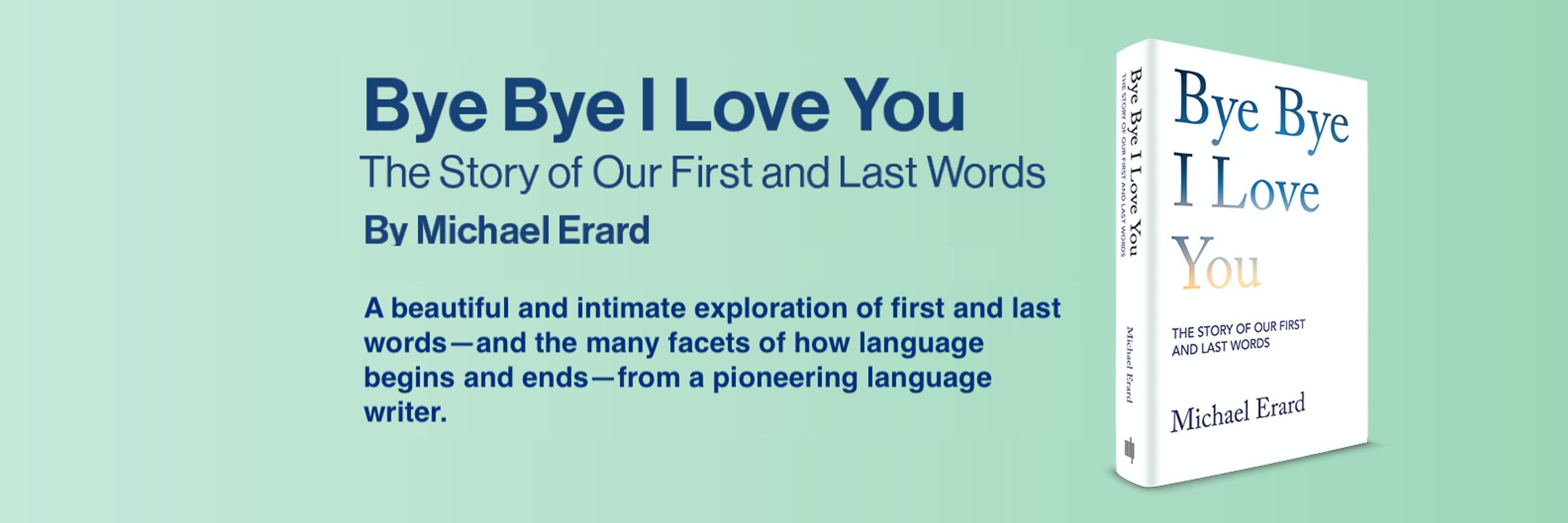
Explore www.michaelerard.com
Stark piece from a former diplomat on how loss of language learning hits our defence & geopolitical capabilities
www.timeshighereducation.com/opinion/proc... @timeshighered.bsky.social

Stark piece from a former diplomat on how loss of language learning hits our defence & geopolitical capabilities
www.timeshighereducation.com/opinion/proc... @timeshighered.bsky.social
I analyzed the data cards and wrote about the study in BBILY, and in this paper:
pmc.ncbi.nlm.nih.gov/articles/PMC...
I analyzed the data cards and wrote about the study in BBILY, and in this paper:
pmc.ncbi.nlm.nih.gov/articles/PMC...
A fortunate encounter with medical historian Tom Laqueur pointed me in the direction of the cards. I'm indebted to him.

A fortunate encounter with medical historian Tom Laqueur pointed me in the direction of the cards. I'm indebted to him.
Osler was interested in knowing whether people die in discomfort: psychological, spiritual, physical.

Osler was interested in knowing whether people die in discomfort: psychological, spiritual, physical.
Build better myths!
Another is to broaden what linguists can and should care about.
More inclusive science!
Build better myths!
Another is to broaden what linguists can and should care about.
More inclusive science!
It explores these linguistic milestones as cultural phenomena across historical eras. The Economist's top 40 book of 2025 (so far).

It explores these linguistic milestones as cultural phenomena across historical eras. The Economist's top 40 book of 2025 (so far).

It dates only to the late 19th/early 20th centuries, a function of tech change, social mobility pressures, and urbanization in the US.
Cicero didn't care if you said um. Neither did Jefferson.
It dates only to the late 19th/early 20th centuries, a function of tech change, social mobility pressures, and urbanization in the US.
Cicero didn't care if you said um. Neither did Jefferson.


